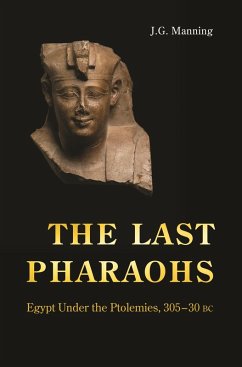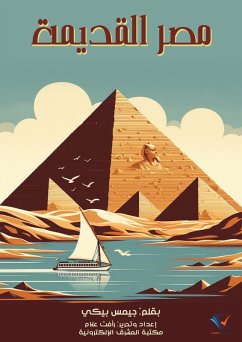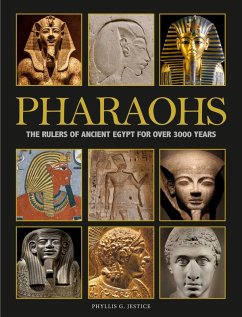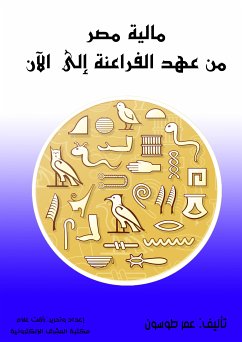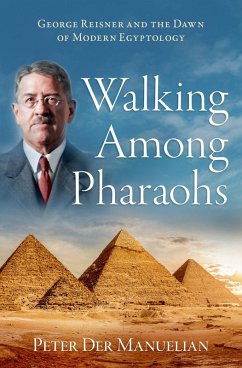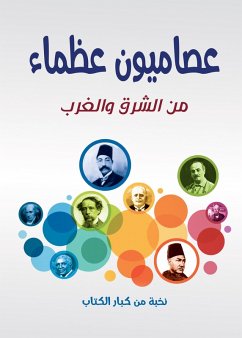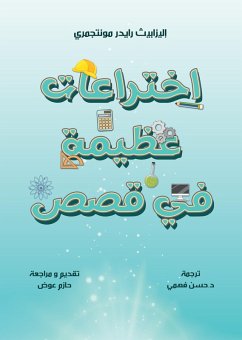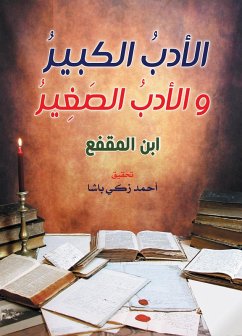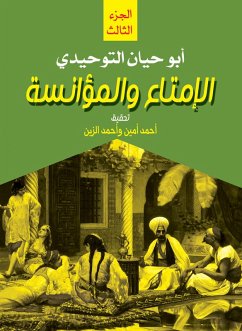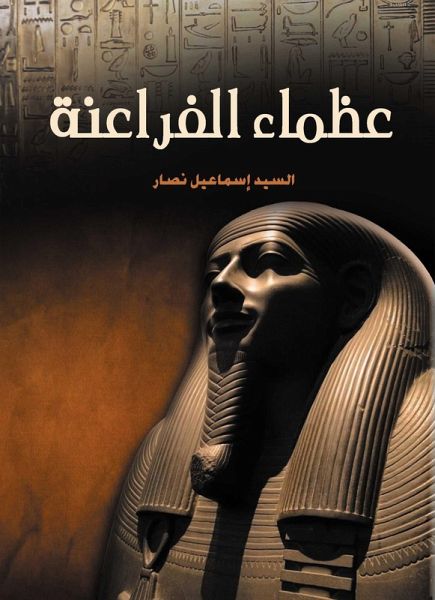
Great Pharaohs (eBook, ePUB)

PAYBACK Punkte
0 °P sammeln!
Egypt did not have anyone to write its ancient history as it should have been written. Yes, the Greek historian Herodotus wrote a history of it in the Greek language around the middle of the fifth century BC. Two hundred years later, the national priest Manetho also wrote a history of it by order of Ptolemy Philadelphus (Ptolemy II), but these two books did not provide the desired benefit in stopping the world from examining the history of ancient Egypt. Because their sources are the stories and myths of the common people and what the two authors used to hear from people's mouths, in addition ...
Egypt did not have anyone to write its ancient history as it should have been written. Yes, the Greek historian Herodotus wrote a history of it in the Greek language around the middle of the fifth century BC. Two hundred years later, the national priest Manetho also wrote a history of it by order of Ptolemy Philadelphus (Ptolemy II), but these two books did not provide the desired benefit in stopping the world from examining the history of ancient Egypt. Because their sources are the stories and myths of the common people and what the two authors used to hear from people's mouths, in addition to the fact that most of the last two of them were lost, so none of the historians' investigators trusted what was stated in them. It was as if nothing had been mentioned. There is no doubt that the greatest merit in indicating the history of the ancient Egyptians and their civilization is due to the antiquities they left behind, and the writing they inscribed on them containing dates, biographies, incidents, instructions, and other things that everyone familiar with the history of the ancient Egyptians knows. This book includes biographies of the great Pharaohs and the entire history of ancient Egypt. It also contains a translation of (Tutankhamun), a description of the antiquities found in his tomb discovered in 1922, the poem (Shawki Bey) in it, and a translation of Lord Kotarvon, the discoverer.
Dieser Download kann aus rechtlichen Gründen nur mit Rechnungsadresse in A, B, BG, CY, CZ, D, DK, EW, E, FIN, F, GR, H, IRL, I, LT, L, LR, M, NL, PL, P, R, S, SLO, SK ausgeliefert werden.




